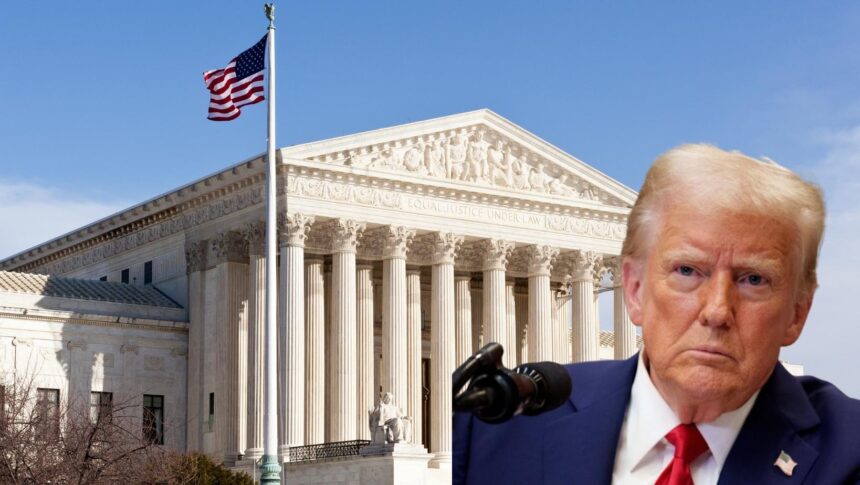The Trump administration asked the Supreme Court on Friday to overturn a lower court ruling that restored deportation protections for more than 300,000 Venezuelans, escalating a legal fight that has whipsawed families, employers, and immigration agencies since spring.
In a 26-page emergency application, Solicitor General D. John Sauer urged the justices to pause a recent decision by U.S. District Judge Edward Chen that set aside Homeland Security Secretary Kristi Noem’s effort to unwind Temporary Protected Status for Venezuelans.
The filing argues that leaving Judge Chen’s order in place would force the government to keep protections and work permits in effect for hundreds of thousands of people.
The application comes after a rapid sequence of courtroom reversals.
On September 5, Judge Chen ruled that Secretary Noem exceeded her authority and acted arbitrarily in first vacating a late-term extension of TPS issued under President Joe Biden and then terminating the designation for Venezuela altogether.
On September 17, a Ninth Circuit panel declined to stay Chen’s ruling pending appeal, faulting the administration’s legal theory and describing the agency process as “barebones.”
The administration’s request now asks the Supreme Court to step in again.
Sauer’s brief tells the justices that the case reflects “the increasingly familiar and untenable phenomenon of lower courts disregarding this Court’s orders on the emergency docket,”.
And warns that, without relief, the government must allow “over 300,000 Venezuelan nationals to remain in the country” despite the secretary’s determination that doing so is contrary to the national interest.
Those lines underscore a broader strategy of pressing the high court to enforce its earlier emergency decisions when lower courts balk.
The scope of the request is narrower than the broader case name suggests.
The administration is seeking relief only as to Venezuelan TPS holders, not Haitians who were also part of the district court ruling.
That approach mirrors the Ninth Circuit’s description of the record and the government’s own framing in its stay bid.
The current Supreme Court application targets Judge Chen’s September 5 merits ruling that set aside Secretary Noem’s actions.
Separately, the department has already published a rule that ends the 2021 Venezuela TPS designation effective November 7, 2025, a step the government notes is not at issue here.
The filing anchors the fight in the 2023 Biden-era extension and in Noem’s subsequent termination decision, which the district court found unlawful.
The stakes are concrete for households and employers in immigrant-heavy labor markets. TPS confers deportation protection and work authorization in renewable 18-month blocks.
If the administration prevails, protections would lapse and deportations could resume case by case subject to standard procedures, while work permits tied to TPS would phase out, complicating staffing in sectors that rely on long-tenured Venezuelan workers.
If the government loses, TPS holders would keep their status while the appeal proceeds, preserving work eligibility and allowing families to plan beyond weekly court updates.
Advocates for Venezuelan TPS holders say the secretary’s vacatur and termination were rushed and pretextual.
In their filings and public statements, the National TPS Alliance and civil rights groups argue that Homeland Security reversed course without meaningful input from State Department experts and ignored conditions on the ground in Venezuela.
They are urging the Supreme Court to deny the stay and allow the Ninth Circuit to review the merits on a fuller record.
The justices have intervened once already in this dispute.
On May 19, the Court granted an earlier government request to pause a preliminary order that had blocked Noem’s moves, a step the administration now says should guide the outcome of this new application.
The Ninth Circuit disagreed this week, saying the Supreme Court’s earlier order did not control because the case is now at final judgment on a developed record.
The government’s Friday filing asks the justices to say otherwise, and to do so quickly.




















